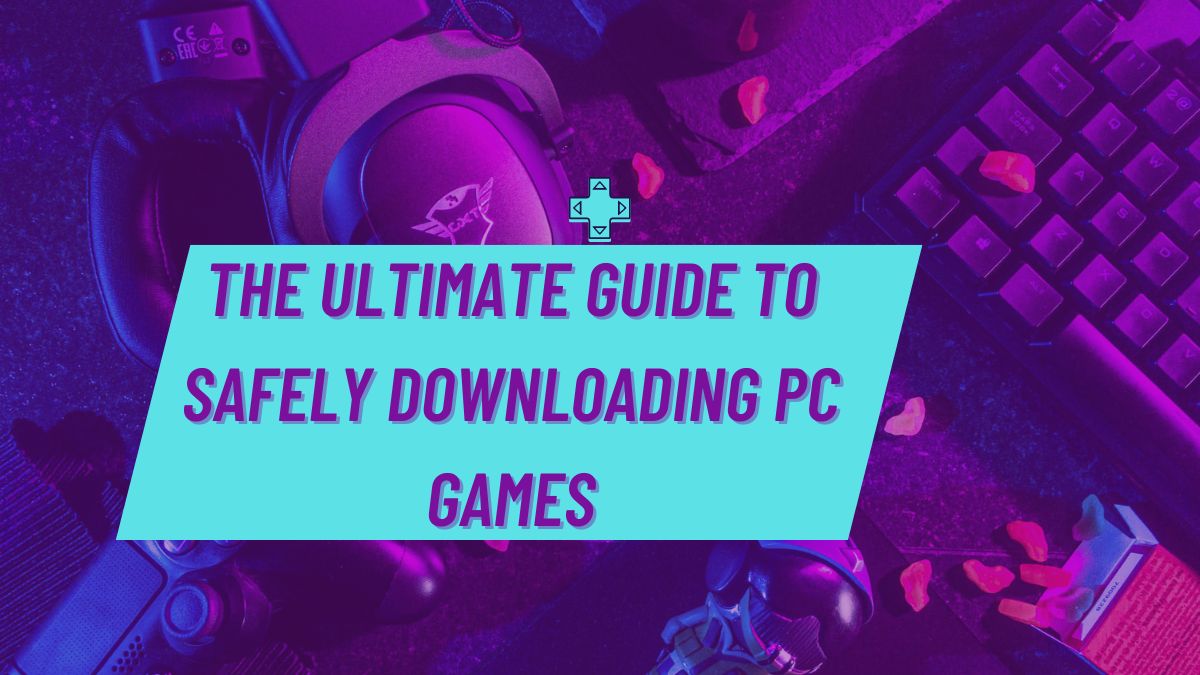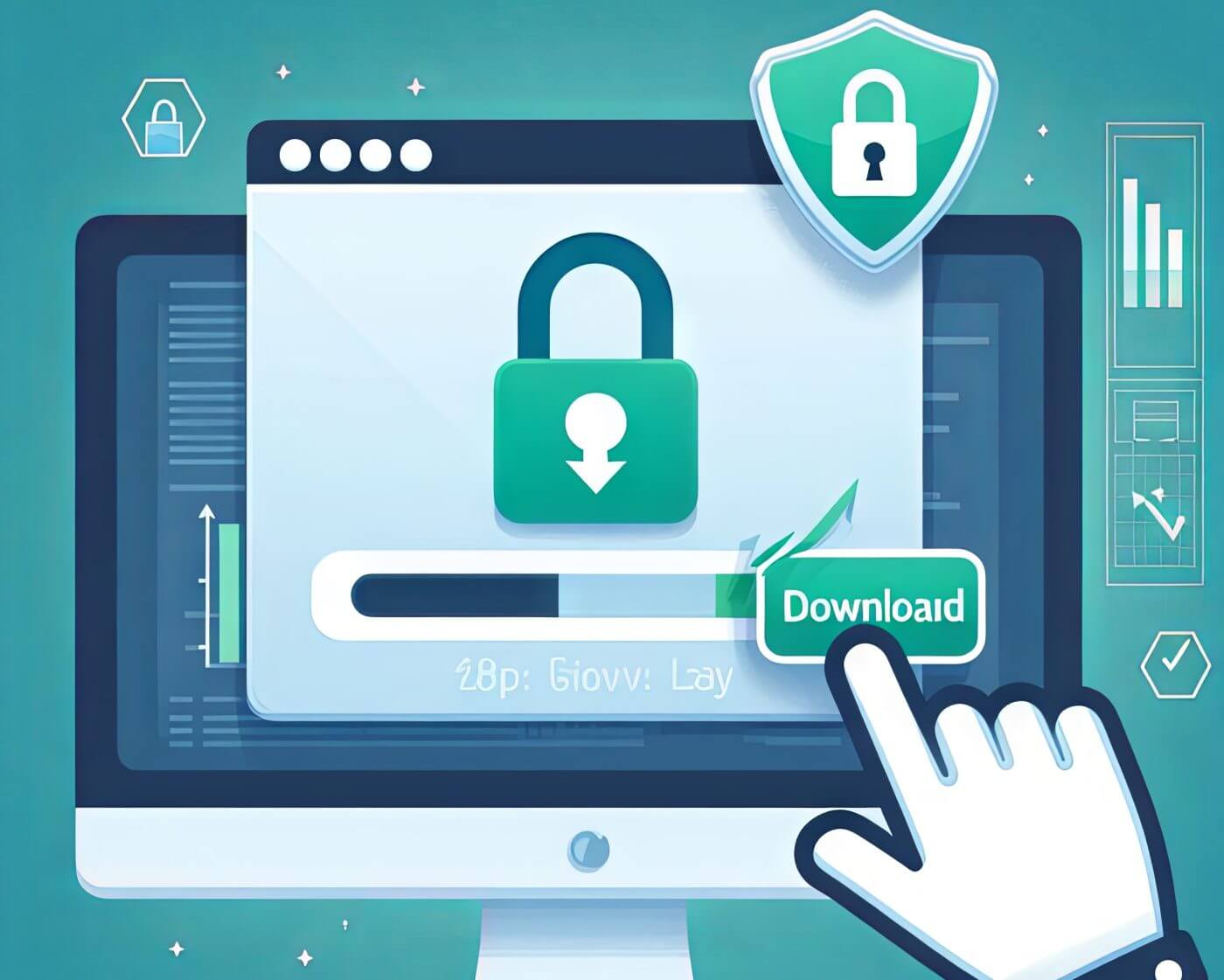When it comes to downloading resources in a legal and secure manner, finding a comprehensive guide can be invaluable. In today’s digital era, ensuring that you download content responsibly is essential for protecting both yourself and your data. This guide is crafted to equip you with all the knowledge you need to practice safe and legal downloading habits.
From copyrighted materials to open-source software, the world of downloading has grown significantly in complexity. It’s easy to feel overwhelmed by the sheer volume of information available, especially when distinguishing between what’s legal and what’s not. That’s why having a well-researched guide is crucial—it helps you navigate the digital landscape with confidence.
Our aim is to provide practical advice and reliable resources that adhere to global standards. Whether you're downloading e-books, software, music, or videos, we’ll delve into the safest methods and platforms available. Let’s begin!
Read also:Exploring The Rising Star Madelyn Clines Journey Through Hollywood
Table of Contents
- Introduction to Secure and Legal Downloads
- Understanding the Legal Framework of Downloading
- Discovering Secure Downloading Alternatives
- Trusted Platforms for Legal Downloads
- The Importance of Adhering to Copyright Laws
- Recognizing Common Risks and How to Avoid Them
- Obtaining Secure and Legal Software
- Legal Media Downloads: Music and Videos
- E-books: Accessing Legal and High-Quality Resources
- Top Strategies for Safe and Legal Downloads
- Conclusion: Empowering Your Downloading Experience
Introduction to Secure and Legal Downloads
Downloading has become an integral part of our digital lives. Whether you're grabbing a movie for a quiet evening or installing software for work, the process should be both effortless and secure. However, not all downloads are created equal. Some methods can expose you to legal risks, malware, or other potential dangers.
Having access to the ultimate guide to legal and secure downloading ensures that you’re well-informed and prepared to make the right decisions. This guide will walk you through the essentials of downloading safely and legally, helping you steer clear of common pitfalls and ensuring a smooth experience.
By gaining a deeper understanding of the nuances involved in downloading, you can safeguard yourself, your devices, and your personal information. We’ll explore trusted platforms, effective risk avoidance strategies, and much more to guarantee your peace of mind.
Understanding the Legal Framework of Downloading
Key Legal Considerations
Before embarking on your downloading journey, it’s vital to grasp the legal framework surrounding it. Laws differ from country to country, but most regions impose strict regulations regarding copyrighted material. Below are some critical considerations:
- Copyrighted content must exclusively be downloaded from authorized sources.
- Piracy is illegal and can lead to hefty fines or even legal action.
- Always review the terms of service of the platform you intend to use.
For instance, downloading movies or music without the necessary authorization constitutes a violation of copyright law in numerous countries. Staying informed about these regulations is essential to maintaining compliance.
Global Perspectives on Downloading
While some countries enforce strict copyright laws, others may have more relaxed regulations. For instance, open-source software is legal and widely encouraged across the globe. Understanding these differences can assist you in navigating the intricacies of international downloading.
Read also:Indiana Pacers A Comprehensive Guide To The Iconic Nba Franchise
According to the World Intellectual Property Organization (WIPO), intellectual property rights are designed to safeguard creators and promote innovation. By respecting these rights, you contribute to fostering a fair and sustainable digital environment.
Discovering Secure Downloading Alternatives
What Constitutes a Secure Download?
Security in downloading extends beyond legality. It also involves safeguarding your devices from malware, viruses, and other cyber threats. Below are some elements that contribute to a secure download:
- Utilizing reputable platforms for downloading.
- Ensuring the file is free from viruses before downloading.
- Confirming the authenticity of the source.
For example, downloading software directly from official websites or trusted app stores significantly reduces the risk of encountering malicious files.
Best Practices for Secure Downloads
Implementing best practices can greatly enhance your security. Here are a few recommendations:
- Always scan downloaded files with robust antivirus software.
- Read reviews and check ratings before proceeding with a download.
- Exercise caution with pop-up ads or suspicious links.
By adhering to these guidelines, you can ensure a more secure and enjoyable downloading experience.
Trusted Platforms for Legal Downloads
Official Websites and App Stores
One of the safest ways to download content is through official websites and app stores. These platforms are regulated and consistently updated to ensure maximum security. Examples include:
- Microsoft, which offers verified software downloads.
- Apple, providing a secure ecosystem for iOS and macOS users.
Utilizing these platforms ensures you’re accessing legitimate files.
Alternative Trusted Sources
Beyond official websites, there are additional trusted sources for downloading content. These include:
- Internet Archive, offering free e-books and public domain materials.
- GNU Project, providing open-source software.
These platforms are meticulously vetted and offer a broad range of legal downloads.
The Importance of Adhering to Copyright Laws
Understanding Copyright Legislation
Compliance with copyright laws is crucial for anyone engaged in downloading activities. Copyright laws protect the intellectual property of creators, ensuring they receive credit and compensation for their work. Ignoring these laws can result in severe repercussions, including legal action and financial penalties.
For example, unauthorized downloading of movies or music can lead to significant fines. In some cases, individuals have even faced criminal charges for engaging in illegal downloading practices.
How to Maintain Compliance
Maintaining compliance with copyright laws is simpler than you might think. Here are some steps you can take:
- Only download content from authorized platforms.
- Verify the licensing terms of the content you wish to download.
- Support creators by purchasing or subscribing to their work.
By respecting copyright laws, you support the creative community and contribute to a fair and equitable digital environment.
Recognizing Common Risks and How to Avoid Them
Identifying Potential Threats
While downloading offers a convenient way to access content, it’s not without risks. Common threats include:
- Malware and viruses embedded within downloaded files.
- Phishing attempts through deceptive download links.
- Unauthorized access to personal data.
Being aware of these risks is the first step in avoiding them.
Strategies for Mitigating Risks
Here are some strategies to help you minimize these risks:
- Utilize reputable antivirus software and ensure it’s regularly updated.
- Exercise caution with unsolicited download requests or suspicious links.
- Back up your data regularly to prevent loss in case of an attack.
By implementing these strategies, you can significantly reduce the likelihood of encountering risks.
Obtaining Secure and Legal Software
Selecting the Right Software
When downloading software, it’s crucial to choose the appropriate platform and version. Here are some tips:
- Download directly from the official website or authorized resellers.
- Check for reviews and user feedback to ensure reliability.
- Confirm the software’s compatibility with your device.
For instance, downloading Adobe software directly from their official website ensures you’re obtaining the latest and safest version.
Open-Source Alternatives
Open-source software provides a secure and legal alternative to proprietary options. Platforms like GNU offer a wide array of free and open-source software that you can download and use without legal concerns.
These alternatives are often community-driven and feature robust security measures.
Legal Media Downloads: Music and Videos
Streaming vs. Downloading
When it comes to media, streaming has emerged as a popular alternative to downloading. However, if you prefer downloading, there are legal options available. Examples include:
- iTunes, offering an extensive library of music and videos for purchase.
- Amazon, providing a similar service with a wide array of content.
These platforms ensure you’re accessing legal and high-quality media.
Free and Legal Alternatives
For those seeking free options, there are several platforms that offer legal downloads. Examples include:
- SoundCloud, providing free music downloads from independent artists.
- Vimeo, offering a selection of free and legal video downloads.
These platforms support creators while granting users free access to content.
E-books: Accessing Legal and High-Quality Resources
Where to Find Legal E-books
E-books provide an excellent way to access information without the need for physical copies. Below are some trusted sources for legal e-books:
- Amazon Kindle, offering an extensive selection of e-books for purchase.
- Internet Archive, providing free access to public domain materials.
These platforms ensure you’re accessing legal and high-quality content.
Benefits of E-books
E-books come with numerous advantages, including:
- Convenience: Access your books from anywhere with an internet connection.
- Cost-Effectiveness: Many e-books are available for free or at a lower cost than physical copies.
- Environmental Impact: Opting for digital copies reduces your carbon footprint.
By choosing e-books, you can enjoy a wealth of knowledge while supporting sustainability.
Top Strategies for Safe and Legal Downloads
General Best Practices
To ensure a safe and legal downloading experience, follow these strategies:
- Always verify the source before initiating a download.
- Use antivirus software to scan downloaded files for potential threats.
- Stay informed about copyright laws and regulations.
These practices will help you avoid common pitfalls and ensure a secure experience.
Additional Resources
For further reading, consider exploring the following resources:
- World Intellectual Property Organization, providing information on copyright laws.
- Federal Communications Commission, offering guidelines on safe downloading practices.
These resources offer valuable insights into legal and safe downloading practices.
Conclusion: Empowering Your Downloading Experience
Equipped with the ultimate guide to legal and secure downloading, you’re now prepared to navigate the digital landscape with confidence. By understanding the legal aspects, exploring secure platforms, and adopting best practices, you can ensure a compliant and secure downloading experience.
We encourage you to share this guide with others and leave your thoughts in the comments section below. Your feedback helps us improve and deliver even better resources in the future. Don’t forget to explore our other articles for more insightful content!


